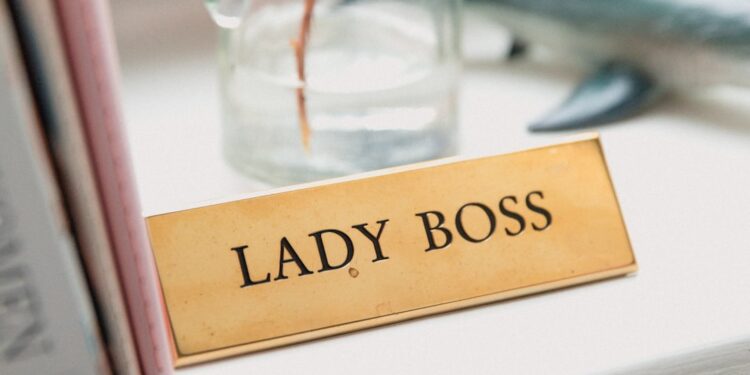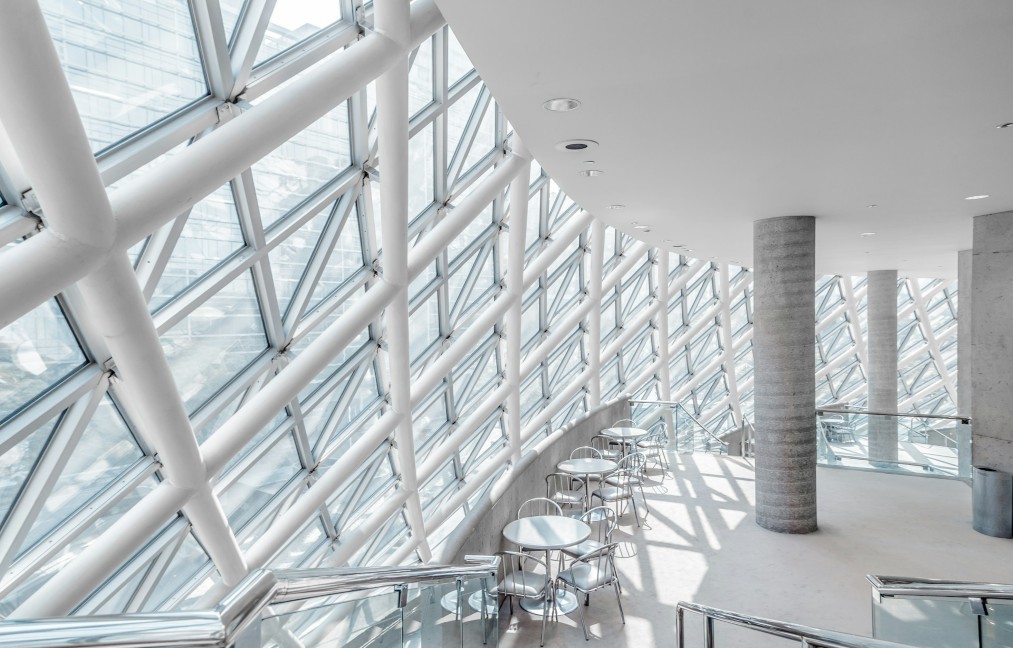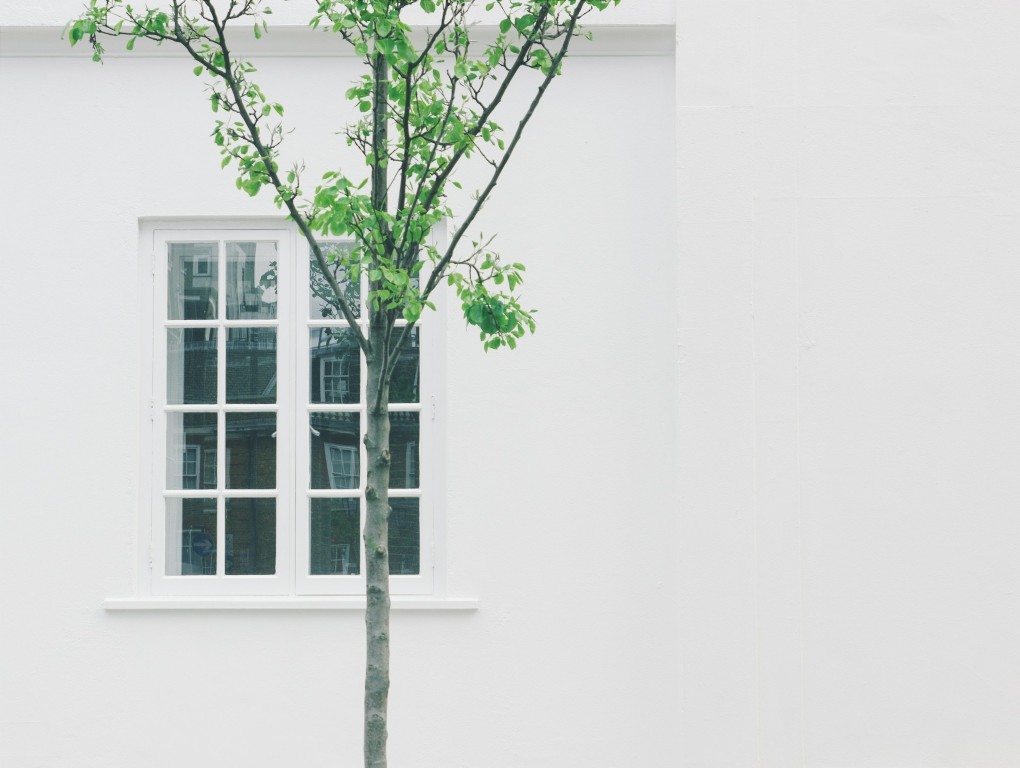Concrete floors in house are becoming increasingly popular due to their durability and low maintenance. However, they are susceptible to moisture, and if left unprotected, they can suffer from damage and costly repairs. In this article, we’ll take a look at how to protect your concrete floors from moisture to help avoid damage and costly repairs.
Start with a Drainage System
The first step to protecting your concrete floors from moisture is to ensure that there is proper drainage around your house. You want the water to flow away from your house, rather than pooling up around the foundation. To achieve this, you need to ensure that downspouts and gutters are in good working condition, and that the ground around your house slopes gently away from the foundation. This will help to prevent water from seeping into your concrete floors.
Use a Vapor Barrier
A vapor barrier is a sheet of plastic that is installed beneath the concrete slab, creating a barrier between the moisture in the ground and your concrete floors. This is especially important in areas with high humidity or where the water table is close to the surface. Installing a vapor barrier can help to prevent moisture from seeping into your concrete floors.
Seal the Concrete
Another way to protect your concrete floors from moisture is to seal them with a waterproof sealant. This creates a barrier on the surface of the concrete that can help to prevent moisture from seeping in. You can choose from several different types of sealants, including epoxy coatings, penetrating sealers, and surface sealers.
Keep the Floors Clean
Keeping your concrete floors clean can also help to prevent moisture from seeping in. Dirt and debris can collect on the surface of the concrete, creating a barrier that can trap moisture underneath. Regular cleaning with a mild detergent and water can help to remove any dirt and debris, keeping your concrete floors free from moisture.
Maintain Humidity Levels
Finally, it’s important to maintain proper humidity levels in your house. High humidity can cause moisture to seep into your concrete floors, leading to damage and expensive repairs. Using a dehumidifier can help to control the humidity levels in your house, preventing moisture from entering your concrete floors.
In conclusion, protecting your concrete floors from moisture is essential to prevent damage and costly repairs. By ensuring proper drainage around your house, using a vapor barrier, sealing the concrete, keeping the floors clean, and maintaining humidity levels, you can help to prevent moisture from seeping into your concrete floors. By taking these simple steps, you can enjoy the durability and low maintenance of concrete floors in house without the worry of moisture damage.















